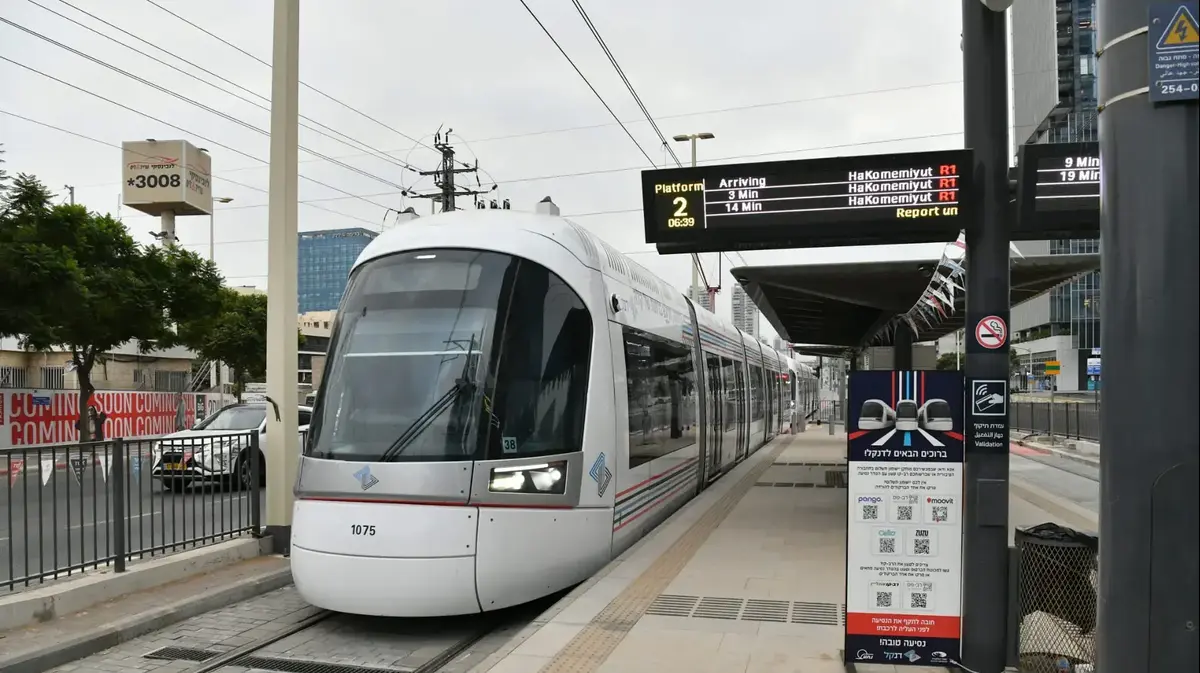“Build, build, build”?
Laschet reaps opposition from Baerbock and Wissler in the "final round".
Berlin - "Every 20 minutes a social housing is lost", Theo Koll introduced the topic in the "final round".
“Every day there are 72 apartments that fall out of the social network.
The result: affordable living space is falling dramatically. "
There was a lot of argument about renting.
There was widespread agreement that more apartments should be built in order, as Laschet said, "to ease the situation on the housing market".
Wissler also pleaded for expropriations in order to counter the rise in rents in large cities.
Even Baerbock did not want to rule this out completely.
But first all other means should be exhausted in order to counteract the high rental costs.
Scholz also relied on a combination of new buildings and rules “so that the rise in rents is limited”, but said no to expropriations.
Differences also became apparent in the case of an urgent problem for many people, the drastic increase in rents, especially in metropolitan areas.
Laschet saw the essence of the solution in the fact that more apartments had to be built.
1.5 million new apartments are required by 2025, including many social housing.
Since cities have become magnets, it is important to keep life in rural areas attractive.
Baerbock accused the black and red federal government of failures.
It is important to increase funds for social housing and to ensure in cities with tight markets that rents are not increased arbitrarily.
Left-top candidate Wissler called for a nationwide rent cap.
Building more is not enough as an answer, one cannot seal the last surfaces either.
She made it clear that the Basic Law also permits expropriations in the interest of the common good.
"Final round" before the federal election:
The German social housing was actually a successful concept.
In the past 15 years they have now almost halved.
"Don't we have to admit to ourselves that we have failed?"
“We are brewing more social housing,” agrees Laschet.
And that is why it is now necessary to build 1.5 million new buildings by 2025, and there must also be a lot of social housing.
“We have to build, build, build” (Faust).
Janine Wissler smiles tightly.
Kroll's demand for failure.
Laschet lifts his shoulders slightly.
Politicians have done a lot in recent years.
The cities have become "magnets".
Laschet's solution, in essence: to make the country a magnet as well.
Laschet: "If everyone thinks they have to move to the city, where their job is, the division between town and country becomes even greater." That is why one wants to strengthen rural areas.
And to recognize commuting with a commuter allowance.
Tina Hassel to Baerbock.
The green top candidate in Berlin, Harrasch, does not rule out the expropriation of apartments by companies, at least as a last resort.
One of the central social questions has not been resolved for a decade.
Expulsion - description of the problem, Ms. Baerbock.
In order to solve something, you first have to describe the problem.
"And now I also wonder where social democracy was when it was actually needed."
So that living space does not fall out of social ties, the law can be changed at this point.
Back to Berlin: For these places you have to make it clear that, together with the owners and administrators, ensure that rents are not increased by more than 1.5 percent within the framework of the rental price index. If nothing else happens, you have to take care of what happens when people can no longer stay in their city.
Hassel: So you would think expropriations would be correct as a last resort under the circumstances you described? - Well, that's not a matter of conservation. It is in the Basic Law what the task of statehood is, and it is there as a last resort - “It doesn't say we should expropriate,” she interrupts. -- "No! But it says that a last resort is also available to a state. ”We made it clear, as Greens and also in the federal government: We have to take all steps before that, that is, the holes in the rental price brake must all be closed now, so finally to further increase the funds for social housing. --Theo Koll: But it was definitely a yes to expropriations? - No! The steps to go before. You don't have to talk about the last extreme if you haven't taken the steps before it.
Söder: It is clear that Berlin's expropriation model will fail before the Constitutional Court.
- That is a clear attitude different from yours.
To solve things.
Actually, the right to housing belongs in our constitution.
Koll to Wissler: You are for it.
But these expensive expropriations do not create a new apartment.
- Yes, but they prevent affordable housing from being destroyed more and more, and that is the problem.
I don't understand the excitement about expropriation.
It was a black and yellow state government in North Rhine-Westphalia that had no problem at all with expropriating, for example, coal mining.
Or for motorway projects, you also expropriate.
- Laschet shakes his head Since expropriations are allowed in the public interest, and in Berlin the housing shortage is massive.
Affordable apartments have not been miraculously gone, only rents have risen.
- For them, another important tool is the rent cover.
Question to Scholz about rent cover: (24 minutes)
Referendum "Expropriate Deutsche Wohnen & Co." in Berlin
Four votes will take place in Berlin on Sunday - the elections for the Bundestag, the House of Representatives and the district council assemblies as well as the referendum on “Expropriate Deutsche Wohnen & Co.”.
The latter is again about the question of how affordable housing can be secured in the capital.
The answer of the expropriation initiative is - through "Vergesellschaftung".
This is accepted if the majority of Berlin's voters - but at least 25 percent of those entitled to vote - agree.
However, since the “Deutsche Wohnen & Co. expropriate” referendum has no concrete law or constitutional amendment as its content, the result is not binding.
The Senate is not obliged to draft a corresponding law on expropriation.
This is what happened in 2017 with the Tegel referendum, in which a majority of over 56 percent voted in favor of the continued operation of Tegel Airport.
The Berlin House of Representatives opposed the result and voted to close Tegel.
The referendum in September could be similar.
So far, only the Berlin Left wants to implement it in any case.
The Green top candidate Bettina Jarasch can imagine it as the “last resort” - as a last resort.
The SPD, CDU and FDP, however, reject him.
SPD top candidate Franziska Giffey even described expropriations as a “red line” in possible coalition negotiations.





/cloudfront-eu-central-1.images.arcpublishing.com/prisa/CBM2UCNBEJCXFLJSEVQOH6Y5WU.jpg)









